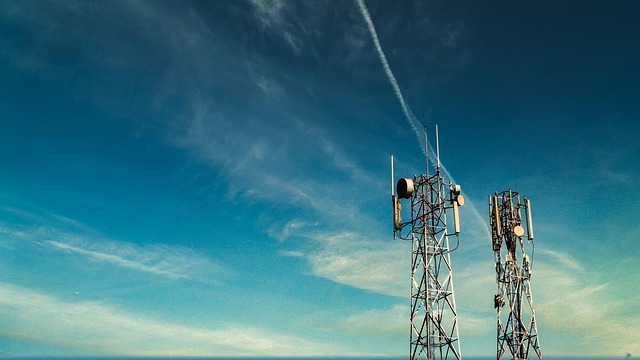
Understanding the Battle Between Fiber and 5G Home Internet
In today's fast-paced digital world, the quest for the fastest and most reliable internet connection is more important than ever. Among the top contenders are fiber internet and the increasingly popular 5G home internet. Fiber has long been celebrated for its unparalleled speed and reliability, while 5G technology promises convenience and solid performance. But how do these two giants compare in terms of quality, speed, and pricing?
The Speed Showdown: Fiber vs. 5G
Fiber optic internet is known for its lightning-fast speeds that can reach up to 1 Gbps or even higher, making it ideal for activities requiring heavy bandwidth like gaming and streaming in high definition. 5G home internet, on the other hand, while not quite reaching fiber's top speeds, is rapidly improving thanks to ongoing technological advancements. Typical speeds range from 50 Mbps to 300 Mbps, which is often sufficient for most households. The American Customer Satisfaction Index recently noted that T-Mobile's 5G home internet has achieved a score that rivals established fiber providers like AT&T in terms of customer satisfaction. This enhanced user experience could indicate a shift in consumer preferences towards 5G.
Pricing Considerations for Consumers
When it comes to cost, fiber internet might initially seem more expensive, especially in areas where installation fees are associated with laying down fiber lines. However, many providers offer competitive pricing with no long-term contract requirements. Conversely, 5G home internet plans often have lower startup fees due to the lack of infrastructure installation needed, making them attractive for those looking for easy access to high-speed internet. This could be particularly advantageous for renters or those living in areas where traditional fiber internet installation might not be feasible.
Reliability: Who Wins?
Reliability often takes center stage in the debate between fiber and 5G. Fiber connections are generally quicker and offer greater stability, as they are less susceptible to interference and fluctuations caused by weather conditions. In contrast, 5G networks can be affected by a variety of factors, including physical obstructions and network congestion, which could lead to dropped connections during peak usage times. However, 5G technology is designed to improve over time, with ongoing upgrades to infrastructure promising a more stable experience in the future.
Future Insights: What's Next for 5G and Fiber?
The telecommunications landscape is continually evolving. As 5G technology advances and becomes more widespread, we could see it catching up to—or even surpassing—fiber in terms of quality and customer satisfaction. With more investments in 5G infrastructure anticipated, industry experts believe that competition will only increase, benefiting consumers who will enjoy better services and lower prices.
Final Thoughts on Fiber vs. 5G
Ultimately, the choice between fiber and 5G home internet comes down to individual needs and circumstances. Fiber remains the gold standard for speed and reliability, but 5G is an appealing alternative, particularly for those seeking flexibility and lower upfront costs. As both technologies continue to mature, they will offer consumers better choices and options suited for various lifestyles.
 Add Row
Add Row  Add
Add 




Write A Comment